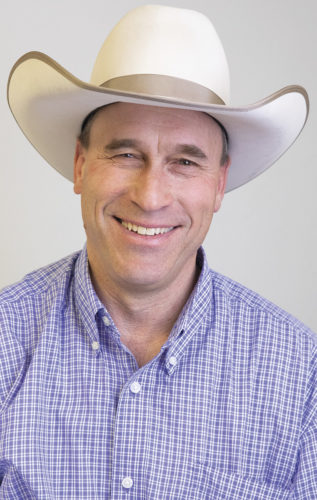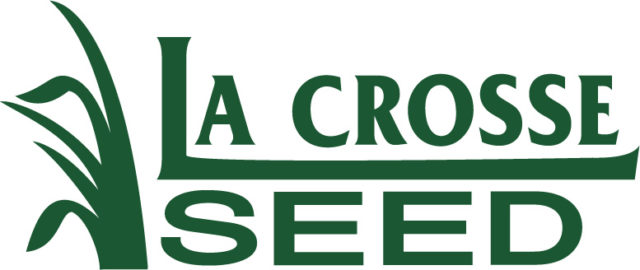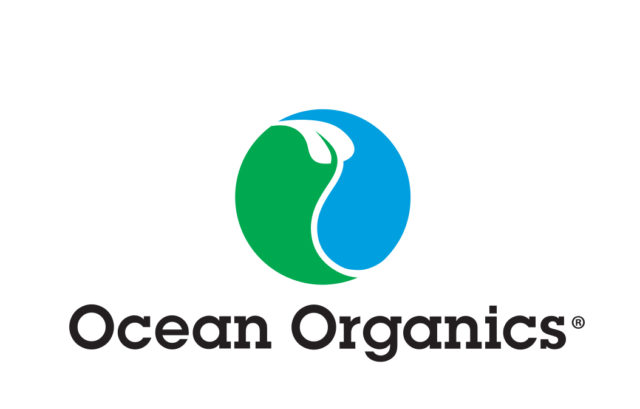That’s not to say I don’t appreciate being awakened by songbirds 20 minutes before a summer sunrise, the sight of a pair of bald eagles perched at the top of the old poplar trees at the S curve down the road by the Wells’ place or the sound of a south-bound flock of geese high overhead in November. However, I have always preferred my bird watching from a safe distance.
It was with this mindset I entered into the poultry business several years ago. When she was 7 or 8, my youngest daughter, now 25, became enamored with chickens. So we, of course, obliged her wishes and turned an old out-building with half a roof into a chicken coop.
We got three or four chicks from the co-op and bought another half-dozen pullets from Earl, the old bachelor neighbor who lived a mile down the road from us. My daughter loved her chickens, and each one had a name and an identity. She even insisted they each had a unique personality.
All of this was fine with me because I didn’t have anything to do with the fowl creatures. She fed them and bedded them and gathered the eggs. It wasn’t work to her. It was more a labor of love.
Eventually, as childhood innocence and work ethic evolved into teenage chaos, my daughter’s affection for her birds waned. Somehow, the chicken chores became my burden. It was me who packed the water and broke the ice in the winter. It was me who hunted for and gathered the eggs.
It was me who cobbled up the holes in the chicken wire and fretted about the nighttime skunk, weasel and owl raids. It was me who could identify which eggs came from which hens by the shell’s shade of brown. I was the one who worried about the molting and the shorter days in the fall.
Nobody else in the family seemed to care – until we had to buy a dozen or so inferior eggs at the store to keep the hungry masses fed. I even kept a one-footed hen alive for two-and-a-half years after she somehow froze her foot one winter.
I had skipped the sheepherder step in my perceived animal husbandry descent and zipped straight to the bottom of the farmer food chain to the role of chicken farmer. It was a gradual decline – a path I willingly and unwittingly followed without a conscious realization until one day one of my boys pointed out at some community gathering that I was the keeper of the family flock.
At first, I think I was a little ashamed of myself. What had I allowed myself to become? I was no longer a mighty hunter; I was a lowly gatherer. Upon further introspection, however, my shame turned to humble gratitude if not outright pride. Somehow, I think my henhouse duties made me a better person.
Although I didn’t necessarily need another chore heaped onto an already long daily list of things to do, I think my time spent with the birds made me more efficient and reflective. I’m still not ready to apply for sainthood, but I daresay the chickens have made me a better person.
Feeding, caring for and watching livestock eat and grow can somehow be therapeutic to the human soul. Watching a healthy calf nurse its mother, a pen of yearlings contentedly slick up the silage in the bunk or a herd of cows spread out and graze the sparse native grass of a sagebrush-covered flat is like a dose of visual melatonin.
The same can be said of my stupid chickens. The five or 10 minutes I’ve spent listening to hens cluck and watching them peck at random bugs and grain on the ground nearly every day for the past decade or so has usually been time well spent. It calms me and lets me clear my mind.
More importantly, I like to think it has humbled me. And humility is an all-too-rare commodity. As a matter of fact, I don’t think it’s a commodity but rather a gemstone, seldom sought and rarely found. If a person is humble, he can be taught, and he can learn. Humility brings gratitude and grace and empathy.
Who could disagree the world could use more of those virtues? It wouldn’t hurt if everyone could spend a little time with the chickens. ![]()

-
Paul Marchant
- Writer
- Progressive Forage
- Email Paul Marchant










